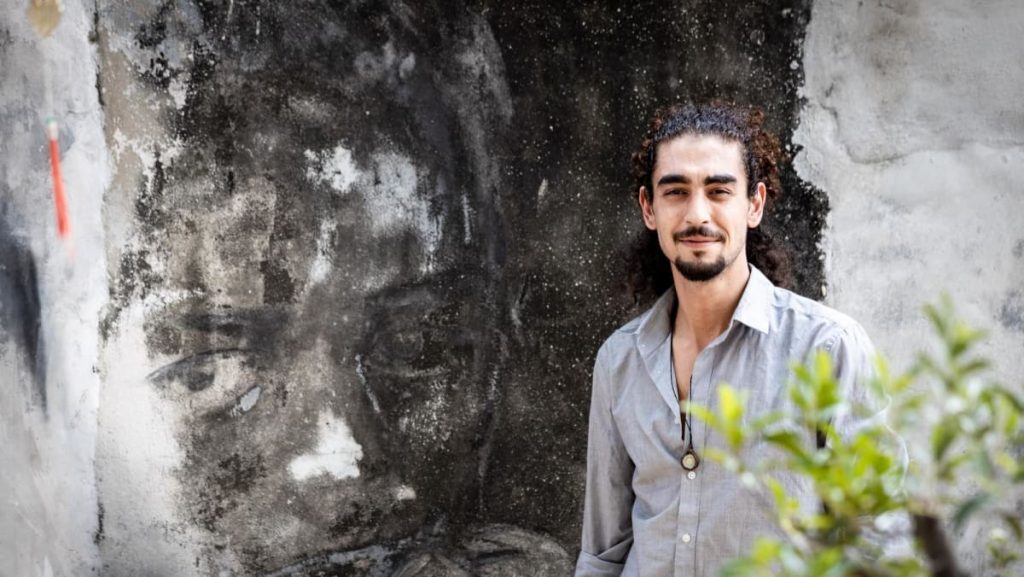Adnan Haddad, a 29-year-old Syrian refugee residing in Penang, Malaysia, embodies the hopes and anxieties of many Syrians displaced by the protracted conflict in their homeland. Having fled Syria in 2017 to avoid mandatory military service, Adnan carries with him the weight of his family’s experiences under the Assad regime. His brother’s forced conscription, imprisonment, and eventual deployment to the front lines, along with the tragic death of his grandfather at the hands of Assad’s forces, serve as stark reminders of the oppressive environment he escaped. These personal traumas have fueled Adnan’s desire for a different future, one where he can contribute to rebuilding his country through the study of psychology, hoping to heal the psychological scars left by years of conflict and repression.
Adnan’s narrative captures the complex emotions surrounding the fall of the Assad regime. While expressing elation at the regime’s collapse, acknowledging the decades of oppressive rule under the Assad family, he also tempers his optimism with a pragmatic understanding of the challenges ahead. He acknowledges the potential imperfections of any new leadership but holds onto the belief that the Syrian people, having endured such hardship, will not allow a return to the dark days of the past. This cautious hope reflects a widespread sentiment among Syrians who, while yearning for change, are wary of repeating past mistakes and falling into new cycles of violence and authoritarianism.
The story of Adnan’s grandfather, a taxi driver unknowingly caught in the crossfire of the conflict, underscores the indiscriminate nature of violence in Syria. This seemingly random act of violence highlights the constant threat civilians faced under the Assad regime, where even mundane activities like driving could become life-threatening. The fear of arbitrary arrest, detention, and violence permeated daily life, silencing dissent and creating a climate of fear and mistrust. This pervasive atmosphere of repression is further emphasized by Adnan’s reference to the Syrian saying, “the walls have ears,” illustrating the deep-seated paranoia ingrained in Syrian society under the Assad regime.
Adnan’s decision to pursue a career in psychology reveals his deep-seated commitment to healing the psychological wounds of his nation. He recognizes that the trauma inflicted by years of conflict extends beyond physical injuries and encompasses the psychological damage inflicted on individuals and communities. His desire to help rebuild his country by addressing the mental health needs of its people reflects a profound understanding of the long-term consequences of war and the importance of psychological well-being in achieving lasting peace and stability. This commitment to rebuilding through healing underscores the resilience and determination of many Syrians to create a better future despite the immense challenges they face.
His planned return to Syria in March, driven by a yearning to reconnect with his homeland and assess the situation firsthand, highlights the enduring connection many displaced Syrians feel to their country. Despite the risks and uncertainties, Adnan’s desire to return, even for a short period, speaks to the deep emotional ties that bind him to Syria. His primary concern is not political involvement but the fundamental freedom to express himself without fear of reprisal, a freedom denied to him under the Assad regime. This desire for basic human rights, the ability to speak freely and live without fear, is a powerful testament to the transformative potential of even small freedoms in the aftermath of oppressive rule.
Somar, another Syrian individual mentioned in the article, echoes Adnan’s longing for peace and a just ruler. His experience of enduring six years of war, confined to his home by the constant threat of bombs and fighting, further emphasizes the devastating impact of the conflict on ordinary Syrian lives. Somar’s simple wish for a life free from violence and fear resonates with the majority of Syrians who yearn for stability and the opportunity to rebuild their lives. His hope that the language of love will replace the language of weapons encapsulates the desire for a future where peaceful coexistence prevails over conflict and violence. The shared aspiration for a better future, expressed by both Adnan and Somar, represents the collective hope of the Syrian people for a peaceful and just society, a hope that fuels their resilience and determination to rebuild their lives and their nation.

